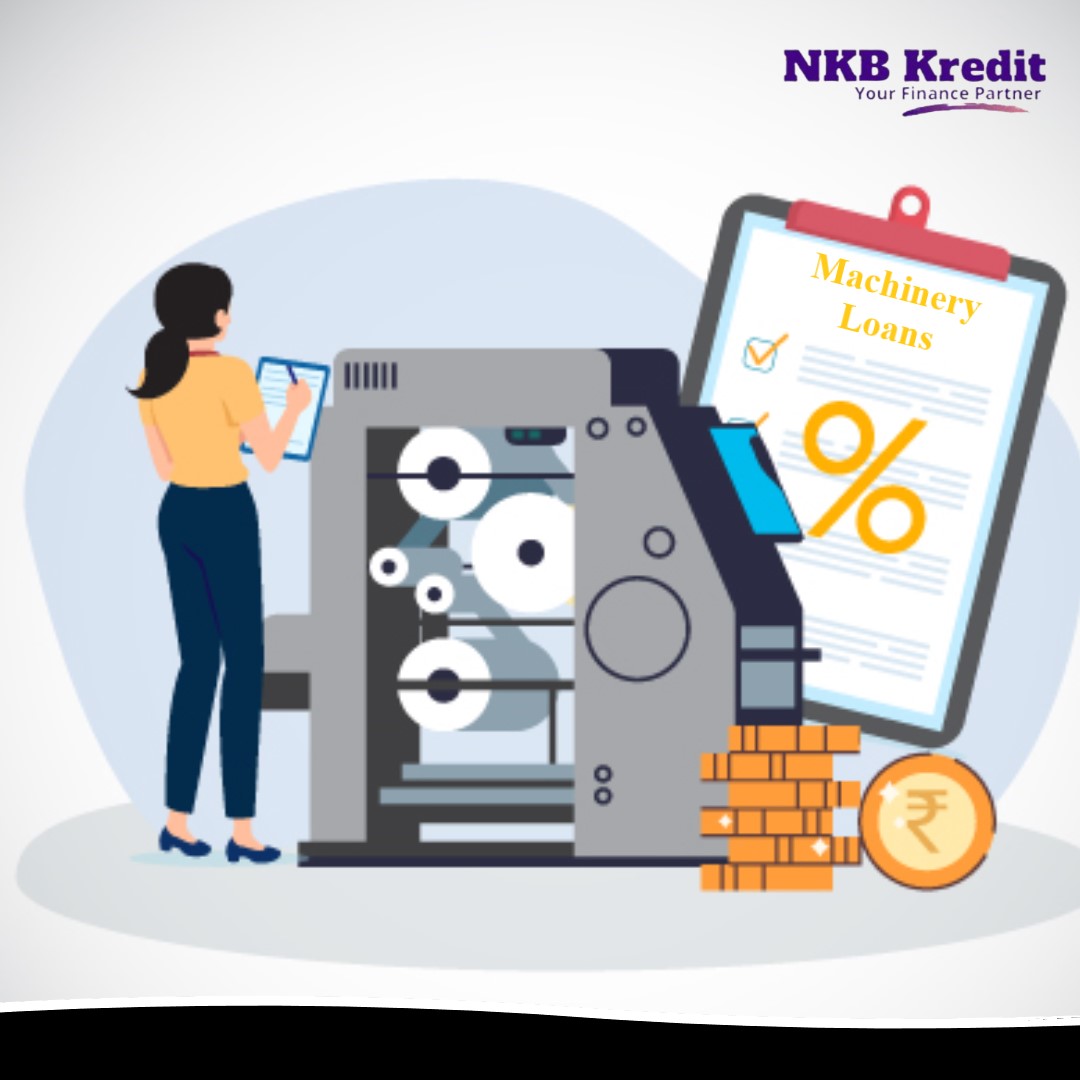Unlocking Machinery Loans: Your Ultimate Empowerment Guide

Machinery loans a comprehensive guide
In the dynamic landscape of business operations, having the right machinery loan is often the backbone of efficiency and growth. However, acquiring such equipment can pose a significant financial challenge, particularly for small and medium enterprises (SMEs). This is where machinery loans come into play, offering businesses the means to invest in essential machinery without compromising their cash flow. In this guide, we delve into the intricacies of machinery loans, exploring what they entail, how they work, and the benefits they offer.
Understanding Machinery Loans
1. What are Machinery Loans?
Machinery are specialized forms of business financing tailored to assist companies in acquiring or upgrading machinery and equipment necessary for their operations. These funding can cover various types of machinery, including manufacturing equipment, construction machinery, agricultural implements, and more. They are typically offered by banks, financial institutions, or alternative lenders.
2. How Do Machinery Loans Work?
Like traditional loans, machinery loan involve borrowing a specific amount of money from a lender, which is then repaid over a predetermined period, along with interest. However, what sets machinery loans apart is that they are often secured against the machinery being purchased or upgraded. This means that the machinery itself serves as collateral, reducing the risk for the lender and potentially leading to more favourable loan terms for the borrower.
3. Eligibility Criteria
Eligibility criteria for machinery funding may vary depending on the lender and the specific terms. Generally, lenders will consider factors such as the borrower’s creditworthiness, business stability, cash flow, and the value of the machinery being financed. Some lenders may also require a down payment or additional collateral to secure the loan.
4. Loan Amount and Interest Rates
The loan amount that businesses can qualify for typically depends on various factors, including the value of the machinery, the borrower’s creditworthiness, and the lender’s policies. Interest rates on machinery loans can also vary widely, influenced by market conditions, the borrower’s credit profile, and the loan term. It’s essential for borrowers to shop around and compare offers from different lenders to secure the most favourable terms.
5. Repayment Terms
Repayment terms for machinery loans can vary from lender to lender but generally range from one to five years. During this period, borrowers are required to make regular payments, usually monthly or quarterly, to repay the loan amount plus interest. It’s crucial for borrowers to carefully assess their cash flow and choose a repayment schedule that aligns with their business’s financial capabilities.
Benefits of Machinery Loans
1. Preservation of Working Capital
Businesses can save their operating capital for other necessary costs like payroll, inventory control, and marketing campaigns by choosing to take out a machinery loan. This ensures that the company maintains liquidity and operational flexibility, crucial for sustaining and growing the business.
2. Access to Latest Technology
Investing in modern machinery and equipment can enhance productivity, efficiency, and competitiveness. Machinery loans enable businesses to access the latest technology without the burden of making large upfront payments, allowing them to stay ahead of the curve in their respective industries.
3. Tax Benefits
In many cases, businesses can benefit from tax deductions and incentives associated with machinery funding. Interest payments on the funding, depreciation of the machinery, and other related expenses may be eligible for tax deductions, reducing the overall tax burden for the business.

CONCLUSION
Machinery play a vital role in facilitating business growth and innovation by providing access to essential machinery and equipment. By understanding the nuances of machinery funding, businesses can make informed decisions that align with their operational needs and financial objectives. Whether it’s expanding production capacity, upgrading technology, or optimizing processes, machinery loans offer a flexible and efficient financing solution for businesses of all sizes.



